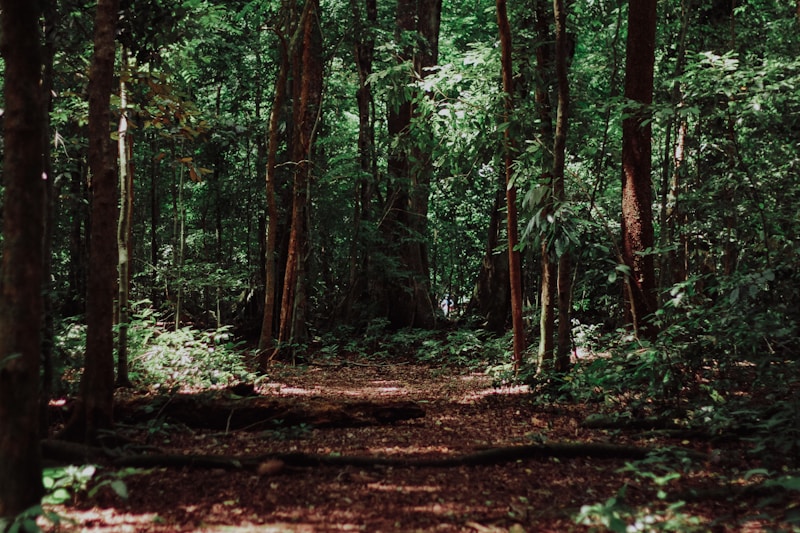If we’ve learned anything over the past few months of lockdowns and the global corona-pandemic related slowing down of everything it’s this: Efficiency is brittle. Resilience is key.
For decades now — really at least since the first industrial revolution — the world has optimized for efficiency. Efficiency was the key to growth, which was the measure of societal success. Growth, after all, was pretty much considered the key proxy for wealth.
Now it’s become blatantly obvious that that was nonsense. Even if — and that’s a big if — it might have made more sense in the past.
(By the way, everything I’m writing here applies, I think, equally to politics and individual organizations. Just zoom in and out appropriately.)
As global economic activity and supply chains collapsed in tandem, we’ve seen that efficiency only leads to growth (and wealth) when things work very smoothly. And even then, this approach has been so exploitative of natural resources that we’ve pulled the existential rug out under our own feet by putting the world on a trajectory towards climate change and mass extinction so great as to completely screw up our future.
Increasingly, humans weren’t doing much better: The type of labor exploitation that powered this vast efficiency machine was working ever better for an ever smaller group of people (mostly along socio-economic lines, i.e. well-off to rich people) and ever worse for ever larger groups (the people doing the underlying physical work).
Clearly, something had to give. And the Covid-19 pandemic brought this out in a spotlight that was only possible because it all collapsed simultaneously around the globe.
So what now? Resilience and sustainability.
Decades of optimizing for efficiency and globalization have put us in a dead end. We know it simply cannot go on the way it has. If we rebuilt now as it was before, we’d be doing ourselves (and following generations) a huge disservice. We’d literally be rebuilding a broken machine rather than fixing it.
Instead, it’s become obvious that resilience and sustainability are the key aspects to optimize for.
Resilience introduces safeguards and buffers to respond to crises. Sustainability allows for things to go on indefinitely.
After all, that’s the core meaning of sustainability: Something that can be sustained for a long time, as opposed something that cannot. Growth as we know it can most definitively not.
Economist Vaclav Smil talks a lot about how much slack there is in the system, how much freedom we have to de-grow parts of our societies and economies without actually having to give up much of anything (if we do it quickly enough).
It is critical to realize and internalize:
- There is slack in the system, we just need to not optimize it out of the system to squeeze a tiny bit more efficiency out of the system.
- Efficiency is a dead end now: We’ve pushed past our available resources chasing it, now we need to course correct hard. We need to drop growth as a key metric to chase, and instead focus everything around resilience and sustainability.
- We are currently still racing a metaphorical car into a metaphorical wall, and accelerating. There is only one possible outcome if we keep going, and it’s not desirable. (If you think in a Futures Cone, our probable outcomes are decidedly not our preferred outcomes.)
If we restructure — and I mean, fundamentally and completely restructure our economic models and societal definitions of value — around resilience and sustainability, there’s a change we can find our way to a world worth living in. If we do not, the only possible outcome is to crash & burn, and that is exactly where we’re headed.
If resilience & sustainability are the guiding principles, then the next crisis could be very bad, but the systems would have more slack, be more resilient: We’d all get better through any crisis than now, because we’d have optimized for that scenario.
Change is always easier to affect when things are in flux, during liminal states. The current phase of turmoil around Covid-19 is very much in flux, we’re in an extremely liminal state.
Let’s not waste this opportunity. It might just be the last chance we have.




1 Comment
Dropping growth as a key metric, and focusing on sustainability, is the main point of the Doughnut Economics book and concept. Compulsory reading to get a different perspective on the very narrow definition of economy we are using at the moment